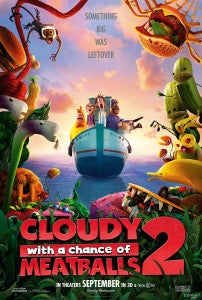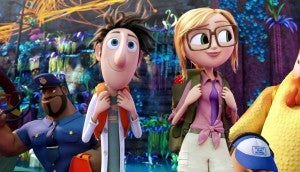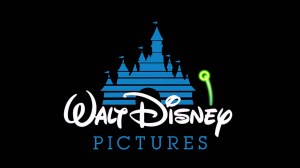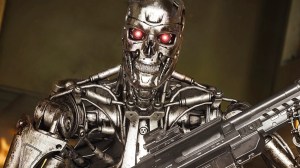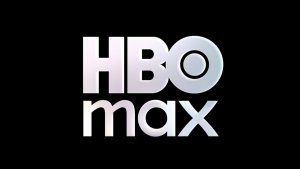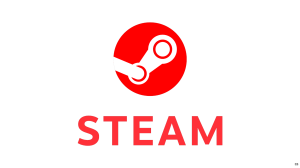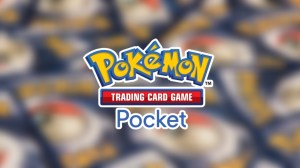Cody Cameron and Kris Pearn, the directors of this week’s big new family release Cloudy With a Chance of Meatballs 2, have been working in the world of Flint Lockwood for the better part of a decade now.Cloudy With a Chance of Meatballs, based on the beloved children’s book, hit the theaters in 2009 after years in production and it wasn’t long after the film hit and was a success that Sony Animation greenlit a sequel, of which Cameron and Pearn were to be in charge.With the film in theaters today, the filmmakers joined ComicBook.com to discuss the process of getting the movie made, and how much more support they’re getting from the studio this time around now that the film is an identifiable brand that Sony knows what to do with.ComicBook.com: The thing that really struck me when I was reading the press materials is you, ah the film is picking up like less than a minute after the previous film endedKris Pearn: Yeah that’s one of our conceits is that the film is going to really start like Flint celebrating the victory over the FLDSMDFR and all their relatives saying the future is great! We’re going to have all these dreams and hopes come true and all a sudden a helicopter drops from the sky and they’re scattered.It just gave us kind of a comedy angle to get into the story and pick up where they were last time we both were very traumatized by Karate Kid Part II [laughter] Where is the girlfriend? They do everything off camera so we had to kind of rectify that and make sure our sequel picked up right where it left off
Exclusive: Cloudy With a Chance of Meatballs 2 Directors On Making the Sequel
Cody Cameron and Kris Pearn, the directors of this week’s big new family release Cloudy With a […]


